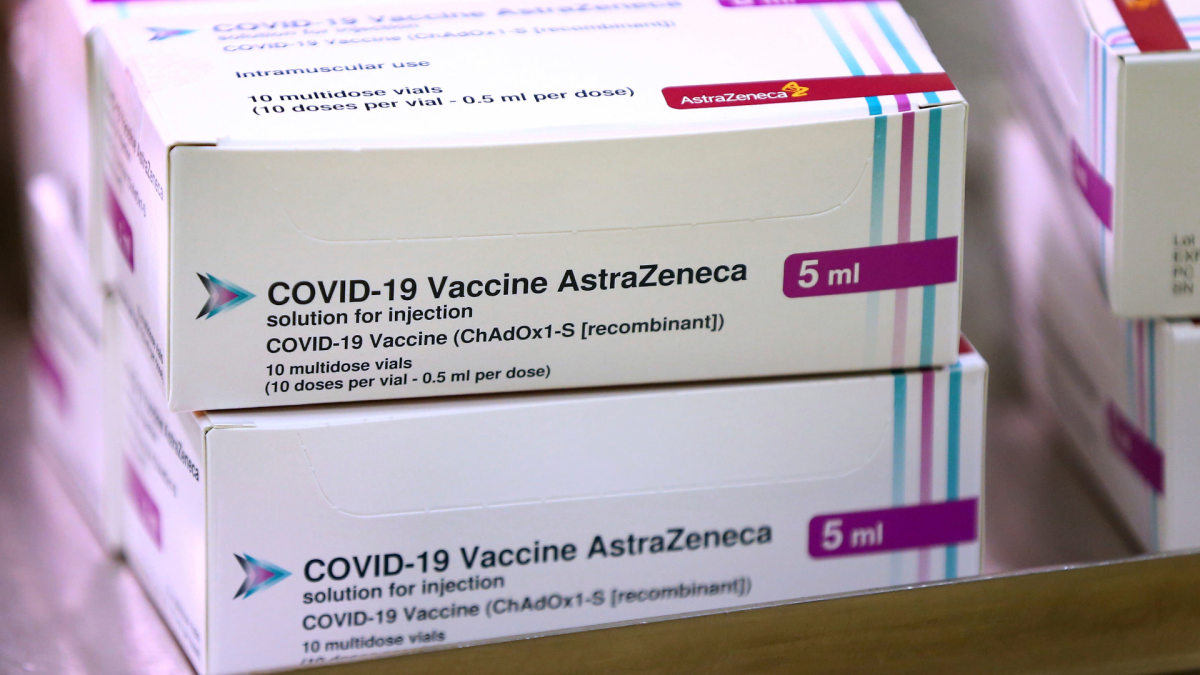Amid a delay due to IT issues, Hamilton public health reported just four new COVID-19 cases on Tuesday – the lowest daily number the city has recorded since Sept. 23 when four cases were also reported.

The city’s active cases dropped by another 29 day over day to check-in at 196 as of June 15.
More than 69 per cent of the city’s 196 active cases as of June 15 are among people under 50 with just under 24 per cent under 19.
There was just a single outbreak reported in the city on Tuesday at a workplace, National Steel Car’s steel fabrication department, involving three staffers.
One outbreak was declared over after five days at Mission Services Men’s Centre in Central Hamilton. There was just a single case in that surge involving a worker.
Public health is reporting 10 total outbreaks across the city involving 43 total cases. Five of the outbreaks are in workplaces tied to 16 cases.
Hamilton’s two hospitals are reporting a combined 41 patients in their facilities with COVID, 23 in intensive care units (ICU).
Hamilton Health Sciences has 21 patients currently admitted with COVID-19 with just six in ICUs.
St. Joe’s has 20 COVID patients with 17 in ICUs.
Expert suggests little risk in COVID-19 vaccine booster for AstraZeneca recipients
An associate professor in pathology and molecular medicine is suggesting Hamiltonians whose first COVID-19 vaccine was the Oxford-AstraZeneca shot likely have less to worry about when getting a second vaccine dose.
On Monday, the province began its initiative to accelerate getting second shots into the arms of Ontarians, moving up some wait times between doses to better protect residents from the emerging Delta variant.
Dr. Brian Lichty with McMaster University’s biology department says with recent studies identifying the cause of rare blood clotting known as vaccine-induced immune thrombotic thrombocytopenia (VITT) in some after an AstraZeneca shot and the development of treatments on dealing with it, he suggests a side effect from a recommended booster shot is minimal.

“The truth is, it’s really that first dose that’s the risky one and to my knowledge they’ve (province) basically has backed off using that as a first dose vaccine,” Lichty told Global News.
“So people have already had this and then they were fine. There’s no worry about the second dose of the booster.”
As of May 28, Canada’s public health agency reported 27 confirmed cases of VITT in Canada out of two million doses administered of AstraZeneca. There have been five deaths among those cases.
In Ontario, those who received a first jab of AstraZeneca can now book their second shot after eight weeks as opposed to the initial wait time of 12 weeks. With concerns over the blood clot issue, recipients have been given the option of choosing a second dose of AstraZeneca, or switching to an mRNA vaccine made by Pfizer-BioNTech or Moderna.
Lichty says the only caveat with Canada’s National Advisory Committee on Immunization (NACI) suggestion that COVID-19 vaccines can be safely mixed and matched is that an individual who received a Pfizer or Moderna vaccine should not get AstraZeneca as a second.
Currently, Hamiltonians who received AstraZeneca as a first shot can choose to book a second dose of that vaccine at an eight to 12-week interval where they received their first dose.
Hamilton’s medical officer of health says the “sweet spot” for AstraZeneca is 12 weeks between shots for maximum protection but the significant pace at which the Delta variant appears to be spreading across the province has expedited the interval between shots.

Dr. Elizabeth Richardson said generally evidence in the scientific community is that the longer the period between first and second doses, the better vaccine immunity is against a virus.
“So getting the bump up of second dose coverage a little earlier is a trade-off that needs to be considered in that context,” Richardson said.
“Then we’ll be seeing in the long term whether there are booster doses or that sort of thing that might be needed for these vaccines. So that’s kind of the timeline information at this point.”
A second shot of an mRNA vaccine – Pfizer or Moderna – is also an option for AstraZeneca recipients which can be booked through the provincial booking system or by calling the provincial call centre at 1-888-999-6488.
Over 422K Hamiltonians have had a COVID-19 vaccine
As of Monday, 71.4 per cent of adults in Hamilton have had at least a single shot of a COVID-19 vaccine with at least 422,500 doses administered to date.
More than 29.7 million COVID-19 vaccine doses have been administered across Canada with 11.5 million in Ontario, as of Tuesday.
Canada is set to receive around 9.5 million COVID-19 vaccine doses this week with 7.1 million coming from Moderna and about 2.4 million doses due from Pfizer and BioNTech.
- B.C. to ban drug use in all public places in major overhaul of decriminalization
- 3 women diagnosed with HIV after ‘vampire facials’ at unlicensed U.S. spa
- Solar eclipse eye damage: More than 160 cases reported in Ontario, Quebec
- ‘Super lice’ are becoming more resistant to chemical shampoos. What to use instead





Comments